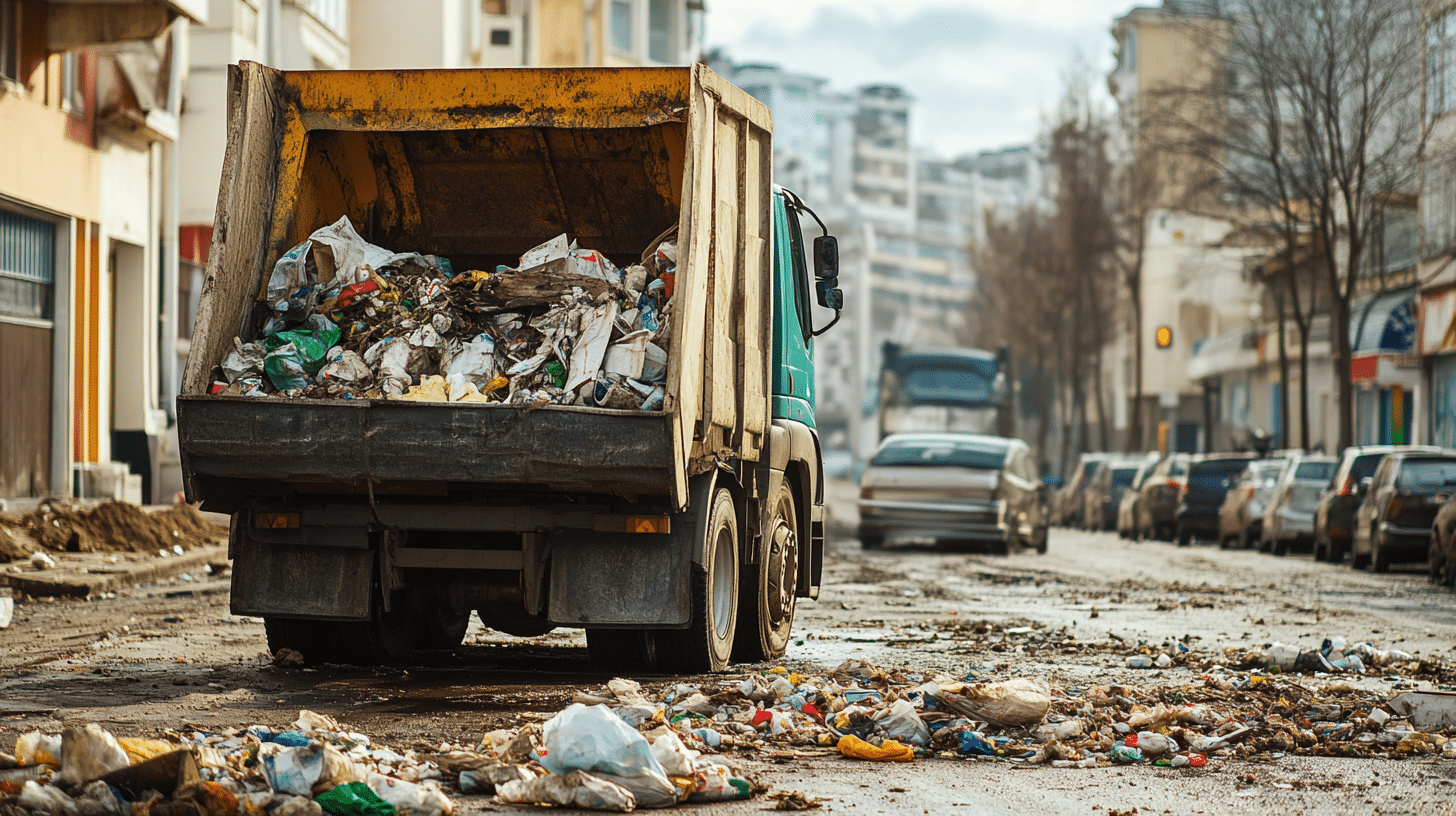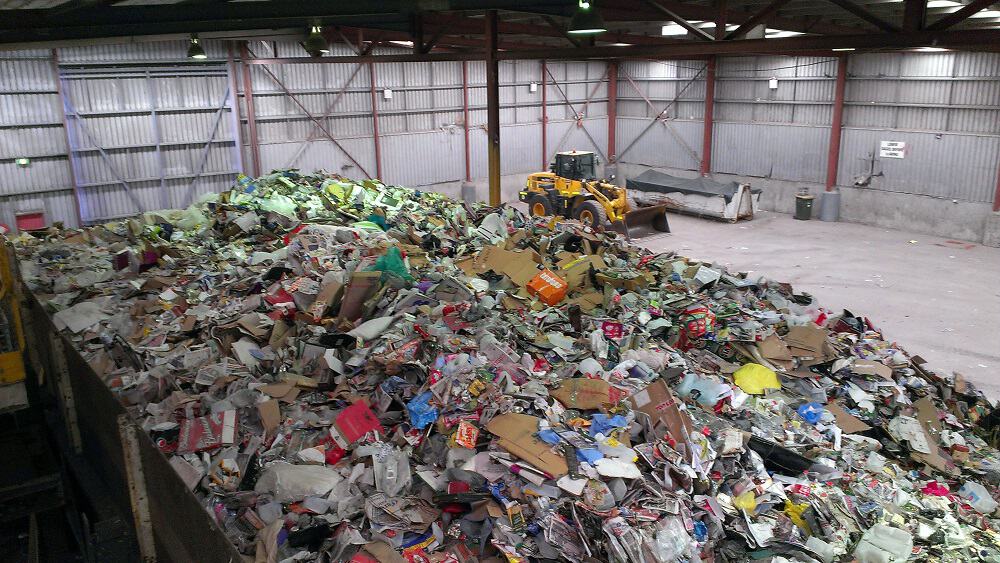
Have you ever wondered what actually happens to your rubbish after it leaves your site or gets picked up by a professional rubbish removal company? It’s easy to think your waste simply disappears—but there’s much more to the story. Professional waste management involves a fascinating journey full of sorting, recycling, repurposing, and responsible disposal, all designed to protect the environment and improve communities.
In this family-friendly exploration, we’ll uncover the secrets behind professional rubbish removal companies, revealing exactly how your waste is managed after collection.
Understanding the Importance of Waste Management
Before we dive into the process, it’s crucial to understand why proper waste management matters. Professional rubbish removal isn’t just about taking away your garbage—it’s about protecting the environment, keeping communities clean, and reducing pollution.
- Reducing Pollution: Proper waste management prevents harmful chemicals and materials from contaminating soil and waterways.
- Recycling and Conservation: Many items you discard can be recycled or reused, saving valuable resources and energy.
- Healthier Communities: Removing rubbish properly helps keep neighborhoods clean, safe, and free of pests and diseases.
Step-by-Step: The Journey of Your Waste
Let’s follow your rubbish as it goes from your home to its final destination:
Step 1: Collection and Transportation
Your journey begins when rubbish removal teams collect your household waste. Professional companies use specialized vehicles to efficiently and safely transport your rubbish to sorting and recycling centers. These trucks are designed to keep waste contained, preventing littering along roads and neighborhoods.
Step 2: Sorting and Separation
Once your waste reaches a processing facility, workers and machines carefully sort it into different categories:
- Recyclables: Paper, plastic, glass, and metal items that can be recycled.
- Organic Waste: Food scraps and garden waste suitable for composting.
- Hazardous Waste: Batteries, electronics, paints, and chemicals requiring special disposal.
- General Waste: Items that cannot be recycled or composted safely.
This stage is crucial because it determines the next steps for each type of waste, ensuring everything is handled correctly.
Step 3: Recycling Process
Recyclable materials are cleaned, sorted further by type, and then sent to recycling plants:
- Plastics: Sorted by type and color, melted, and reshaped into new products like containers, furniture, and even clothing.
- Paper: Processed into pulp and transformed into new paper products such as newspapers, cardboard, and packaging.
- Metals: Melted down and reshaped into new products or materials for construction and manufacturing.
- Glass: Cleaned, crushed, and remade into bottles, jars, or even used in construction materials.
Recycling significantly reduces the need for new raw materials, saving energy and helping the environment.
Step 4: Composting Organic Waste
Food scraps and garden waste are taken to composting facilities, where they break down naturally into nutrient-rich compost. Composting reduces landfill waste and produces valuable fertilizer, benefiting parks, gardens, farms, and community green spaces.
Step 5: Handling Hazardous Waste
Hazardous items such as batteries, electronics, paints, and chemicals require careful handling:
- Batteries and Electronics: These are sent to specialized recycling facilities that safely recover valuable materials.
- Chemicals and Paints: Safely disposed of or treated at hazardous waste centers to prevent environmental contamination.
Proper handling of hazardous waste is crucial to prevent harm to the environment and human health.
Step 6: Responsible Disposal
Not all waste can be recycled or composted. General waste is usually compacted and sent to well-managed landfills. Modern landfills are carefully constructed to contain waste, reduce environmental impact, and generate energy from gases produced by decomposing materials.
Behind-the-Scenes Efforts of Rubbish Removal Professionals

Professional waste management companies do much more than just remove rubbish—they play a critical role in protecting the planet:
- Innovative Technologies: Many companies use advanced equipment and technology to maximize recycling and reduce waste.
- Environmental Responsibility: Responsible companies continuously seek new ways to reduce their environmental footprint and educate communities about waste reduction.
- Community Support: Professional waste management companies often partner with local organizations, schools, and community groups to raise awareness about responsible waste handling.
Family Tips: How You Can Help
Your family can make a significant difference by supporting the rubbish removal process:
- Recycle Properly: Clearly separate recyclables from general waste, ensuring items are clean and dry before recycling.
- Compost at Home: Compost your food scraps and garden waste, reducing the amount of waste needing professional disposal.
- Avoid Hazardous Items in General Waste: Always dispose of batteries, electronics, and chemicals at designated recycling or hazardous waste centers.
The Bigger Picture: Benefits for Your Family
Understanding the waste management process provides many benefits for families:
- Educational Opportunities: Kids learn essential lessons about environmental stewardship, sustainability, and responsibility.
- Cleaner Communities: Proper waste handling leads to cleaner parks, streets, and neighborhoods.
- Environmental Impact: Families actively contributing to proper waste management reduce pollution and conserve natural resources.
Conclusion: Your Role in the Journey
The journey your rubbish takes after leaving your home is fascinating and complex. Professional rubbish removal companies play a crucial role, ensuring your waste is managed responsibly and sustainably. By understanding and supporting this process, your family can directly help protect the environment, conserve resources, and build healthier, cleaner communities.
Next time you watch your waste being collected, remember the amazing journey it takes—and the vital role you and your family play in making our planet a better place.
This information about how rubbish removal works was provided by Topwasters, one of London’s leading waste collection companies.

